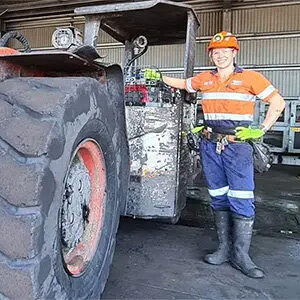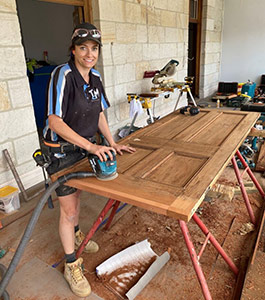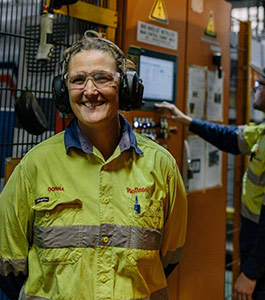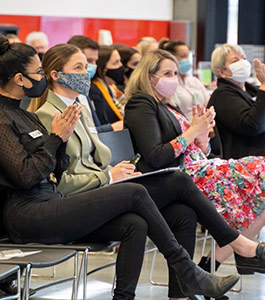….. Women apprentices/trainees in the core trades of carpentry, automotive and electrical has remained less than 2% for over twenty-five years.
Tradeswomen Australia, a not for profit organisation dedicated to gender equality and empowerment for all girls and women to access, participate and succeed in trades, today backed the Federal Government’s Skills Training Reform.
Managing Director of Tradeswomen Australia, Fiona McDonald said the reforms, outlined by the Prime Minister Scott Morrison today at the National Press Club, could lead to generational change and end the national embedded discrimination against women in the trades area which starts at the career advice and apprenticeship level.
Ms McDonald said with women apprentices/trainees in the core trades of carpentry, automotive and electrical remaining at less than 2% for over twenty-five years, there is an urgent need to reform Skills Training opportunities through funding and the potential introduction of State quotas for women.
“This not only about institutionalised sexual discrimination but also about the Federal and State Government’s working towards dealing with AUSTRALIA’s SKILLS SHORTAGE.
“The National Skills Needs List (2019) lists 65 trades that are experiencing national skills shortages. Of those, 62 can be classed as male-dominated trades; only 3 could be classed as female-dominated,” Ms McDonald said.
“Given more than 50% of the Australian population is represented by women, it is time to utilise this national skills base which would lift national employment and productivity.”
Barriers to increasing the number of women employed in the trades have been identified as:
- Lack of information and engagement about trade with career advisors and secondary school girls
- Poor workplace culture and social misconception make trades unattractive as a career path
- No structural support systems for women working in male-dominated trade industries.
Ms McDonald said in 2012, the Grattan Institute found that if there was an extra 6% of women in the workforce, we could add up to $25 billion, or approximately 1%, to Australia’s Gross Domestic Product. * ²
Media Enquiries:
Ron Smith, Media Communications – Mobile: 0417 329 201




